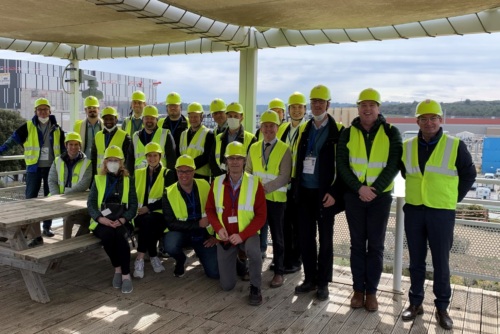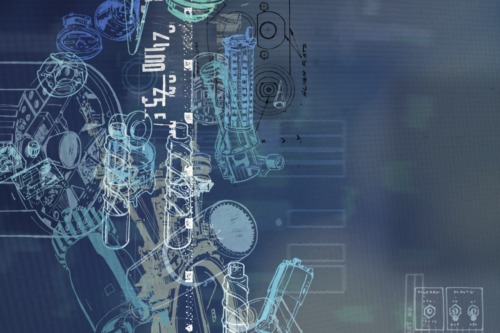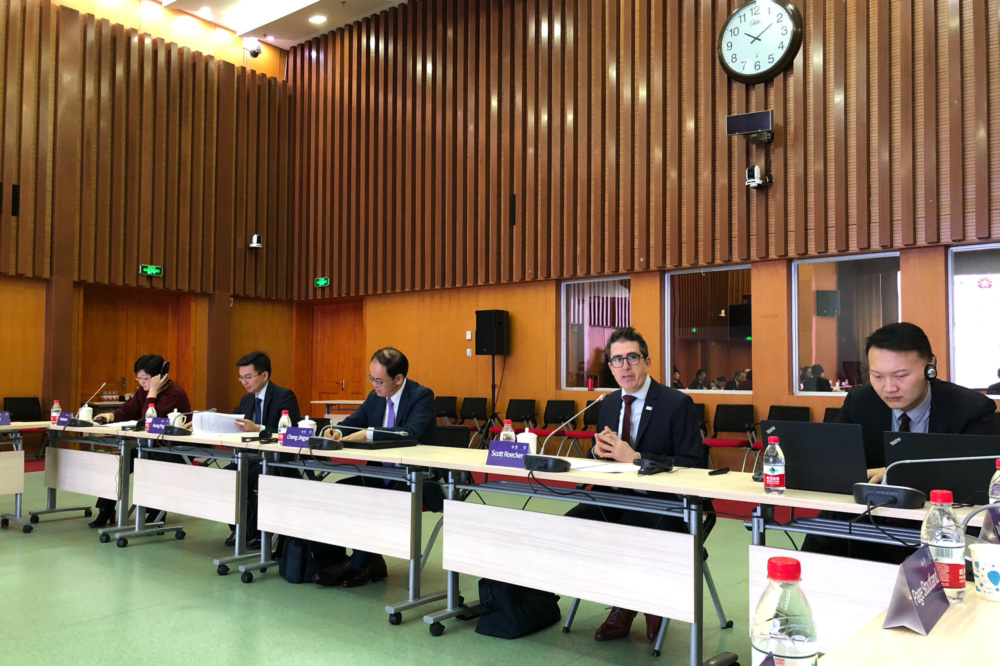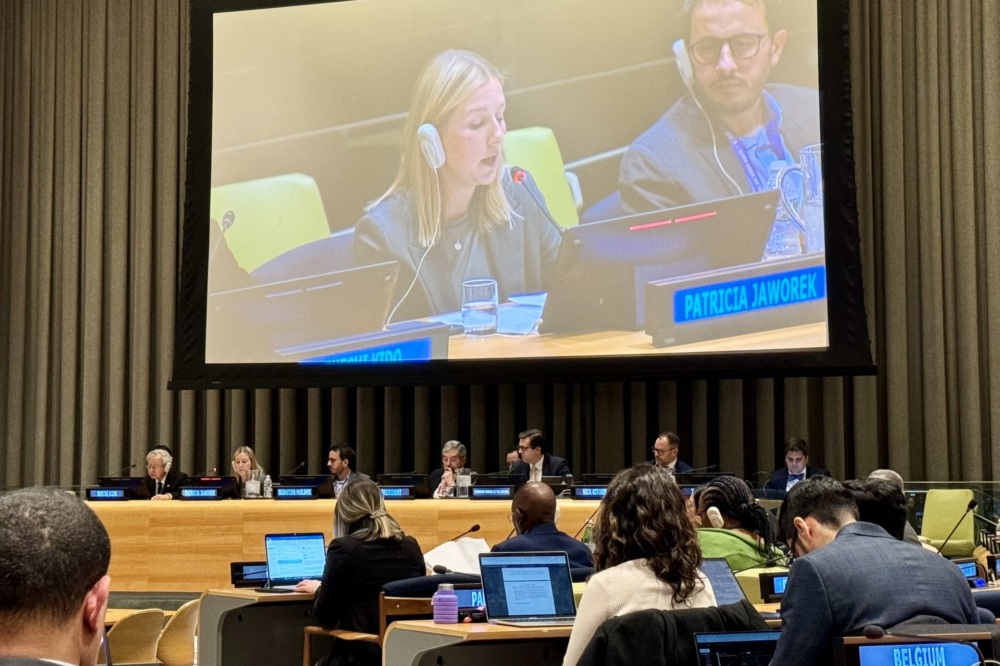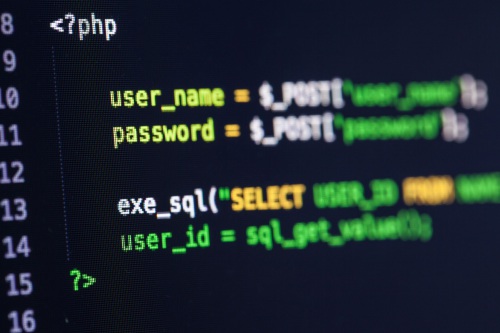
Addressing Cyber-Nuclear Security Threats
What if a hacker shut down the security system at a highly sensitive nuclear materials storage facility, giving access to terrorists seeking highly enriched uranium to make a bomb?
The Scientific and Technical Affairs Program seeks to capture the opportunities new and emerging technologies afford while working to reduce the potential for and impact of their malevolent use.
We work with leading experts and partners to ensure a future in which new technologies and approaches—from monitoring technologies to artificial intelligence—will reduce nuclear proliferation risks, enhance future arms control agreements, improve cybersecurity of critical systems, and build transparency among nuclear weapons states.
Our recent work:
Program efforts are guided by a high-level Science and Technology Advisory group.
What if a hacker shut down the security system at a highly sensitive nuclear materials storage facility, giving access to terrorists seeking highly enriched uranium to make a bomb?
Building Global Cybersecurity Capacity at Nuclear Facilities
Developing Options to Address Cyber Threats to Nuclear Weapons
Open, increasingly digital data combined with tools for data analytics can supplement traditional nonproliferation efforts by detecting illicit proliferation
For as long as we have nuclear weapons, the United States must ensure they are safe, secure, and reliable.
As cyber capabilities evolve and nuclear weapons systems become increasingly vulnerable to cyberattacks, the risk increases that nuclear weapons will be used by accident or miscalculation.
The damaging effects of the light, heat, blast, and radiation caused by a nuclear explosion have been known to scientists since the end of the Second World War
Experts from NTI and the China Arms Control and Disarmament Association (CACDA) gathered at the State Nuclear Technology Centre (SNSTC) outside of Beijing for the first in-person meeting of the China-U.S. Track II Dialogue on Nuclear Security since the COVID-19 pandemic.
Nearly 40 cybersecurity experts from nuclear facilities in more than 14 countries discussed practical steps for strengthening cybersecurity at nuclear facilities during the eighth meeting of NTI’s Cyber-Nuclear Forum.
NTI Program Officer Patricia Jaworek joined a panel discussion on the devastating humanitarian effects of nuclear weapons and shared her research on the subject.
The paper highlights the need for renewed attention to the catastrophic effects of nuclear conflict as a crucial step toward reducing the risk of nuclear use.
This paper highlights the need for renewed attention to the catastrophic effects of nuclear conflict as a crucial step toward reducing the risk of nuclear use.
